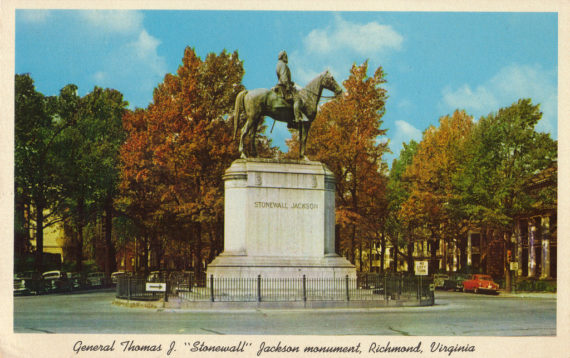
We will as Jeff Davis uttered before his death contend once more. The monuments; secondly, were not meant to immortalize the people though they were in retrospect people worth remembering. It was the deeds, honour, and character that the monuments bore, in which we should all strive to be and accomplish.
“To those who are ignorant of the jurisprudence of their country can have no taste for reasoning…” ~~Pliny the Younger
Gaius Plinius Caecilius Secundus was born roughly 61 A.D, to Lucius Caecilius Cilo and Plinia Marcella in a small village in Northern Italy called Como. Pliny became a Politician, a judge, an author, and a revered sage amongst the many Roman historians who have been spoken of by those who have written modern commentaries on the origins of the government that was originally intended by the American founding fathers. Constitutional historians of Americas early republic like Forrest McDonald in his “Novus Ordo Seclorum,” and Mel Bradford in his “A teaching for republicans: Roman History and the Nation’s First Identity,” have recognized the crucial importance that these figures from Roman antiquity had to the framers based on what they knew and studied. Neither reason nor experience could be challenged, because of the long history already written before them. Bradford so eloquently put, “For the gentlemen of the eighteenth century, Rome was the obvious point of reference when the conversation turned to republican theory. The Swiss, the Dutch, the Venetians and (of course) the Greek City States sometimes had a place in such considerations. And in New England the memory of the Holy commonwealth survived. Yet Rome has been the Republic, one of the most durable and impressive social organisms in the history of the world.” Rome had so much significance to the American Founders that one could have written the past, present, and future of our own republic, according the Rise and Fall of Rome as seen by Polybius in Books I and II.
More @ The Abbeville Institute

No comments:
Post a Comment